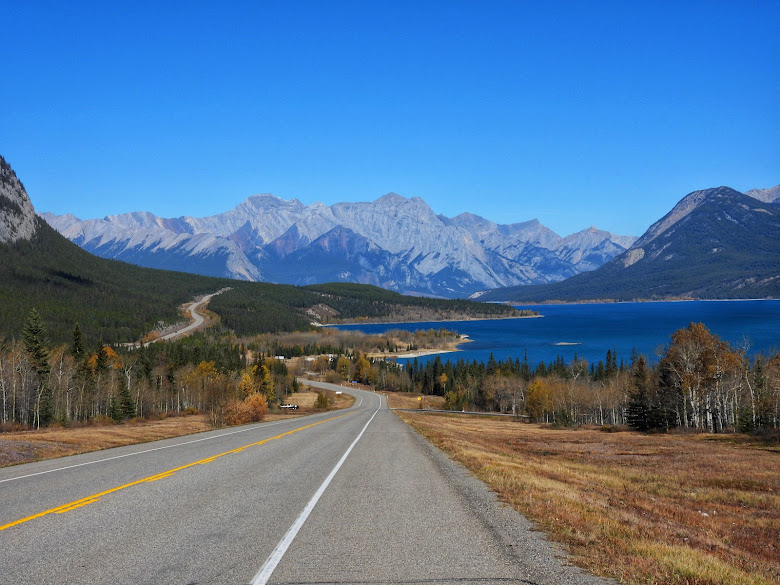What was Frankburg, Alberta March 20, 2016. The Frankburg Cemetery. This is east of High River, Alberta five kilometres south of Highway 23 on Range Road 273 surrounded by farmer's fields.
"The Frankburg Cemetery is all that remains of the predominantly Mormon settlement of Frankburg, founded in 1902 by Christopher Frank of Santaquin Utah. An agricultural community , Frankburg was populated mainly by farmers from surrounding area. By 1905 the village had grown to include a school, church, meetinghouse, post office, & some fine homes. Early church records state all were doing well financially, but by 1931, due to poor crops & low prices several years in succession most villagers were experiencing difficulty. Some people moved away beginning a slow but steady exodus. Year after year crops were destroyed by heavy summer frosts, drought, hail, & grasshoppers that plagued the "Dirty 30's". in 1936 a farmer planted 160 acres of wheat & harvested 22 bushels. A few courageous families tried to keep Frankburg going but by 1935 most residents, having lost their holdings & their homes, were forced to move elsewhere. Many moved to Rosemary, Alberta, some moved to Calgary. By 1937 the church organization in Frankburg was dissolved. By 1945 Frank Lake had dried up & became a flat area of alkali dust. all that remains of this pioneer settlement are the graves of those who died forging a part of Canadian History."
I am not sure if the wooden markers are original.
Something was here. There is no foundation and no obvious grave. A bit of a mystery.
From the sign:
"The Frankburg Cemetery is all that remains of the predominantly Mormon settlement of Frankburg, founded in 1902 by Christopher Frank of Santaquin Utah. An agricultural community , Frankburg was populated mainly by farmers from surrounding area. By 1905 the village had grown to include a school, church, meetinghouse, post office, & some fine homes. Early church records state all were doing well financially, but by 1931, due to poor crops & low prices several years in succession most villagers were experiencing difficulty. Some people moved away beginning a slow but steady exodus. Year after year crops were destroyed by heavy summer frosts, drought, hail, & grasshoppers that plagued the "Dirty 30's". in 1936 a farmer planted 160 acres of wheat & harvested 22 bushels. A few courageous families tried to keep Frankburg going but by 1935 most residents, having lost their holdings & their homes, were forced to move elsewhere. Many moved to Rosemary, Alberta, some moved to Calgary. By 1937 the church organization in Frankburg was dissolved. By 1945 Frank Lake had dried up & became a flat area of alkali dust. all that remains of this pioneer settlement are the graves of those who died forging a part of Canadian History."
I am not sure if the wooden markers are original.
Something was here. There is no foundation and no obvious grave. A bit of a mystery.
All of the graves seem to be from the 1930's and earlier except for this one.












Incredible that a town should just disappear. I have read about the same thing happening in the States during the Depression and drought of the 1930s, but didn't realize Canada was affected as well. So many young people in the cemetery.
ReplyDeleteWell done.
ReplyDeletemy great great grandfather was christopher frank, the founder of frankburg. thank you for visiting and posting, very cool to see these pictures.
ReplyDeleteThank you. I appreciate you posting this.
Deletemy great great grandfather Christopher Tomas Frank Was born in Frankburg in 1914. it so amazing to know that my family came from frankburg canda . sadly there not many of the franks left .
DeleteMy Great Aunts. Where Christopher Franks granddaughters. In the 1970s This graveyard was restored as the bodies had reason to the surface. It was restored as a church historical site. Descendants of Christopher Frank moved to Calgary Alberta
ReplyDelete